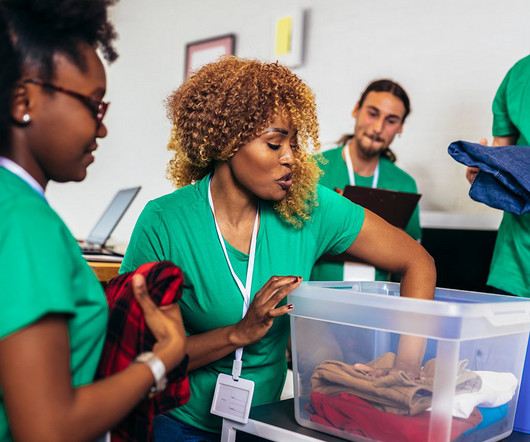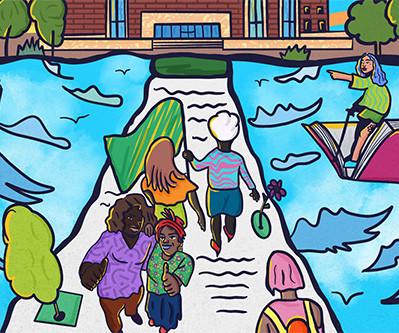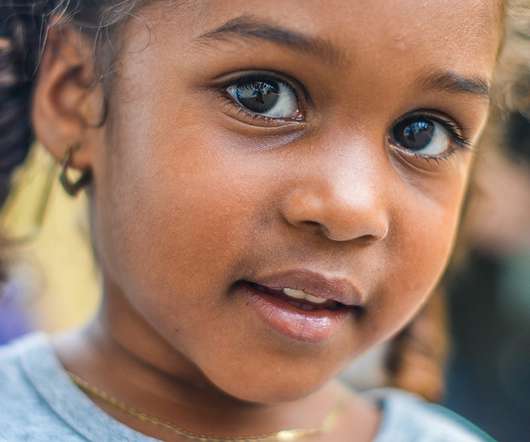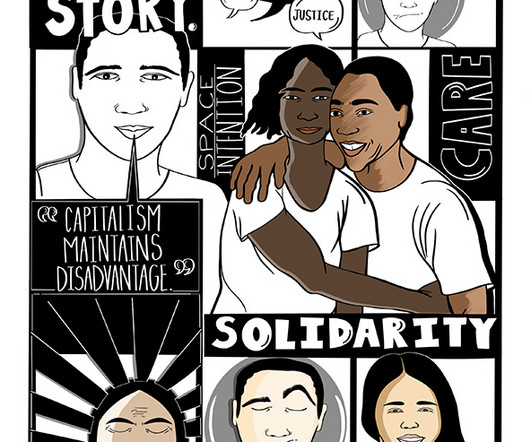The Economic Case against Work Requirements
NonProfit Quarterly
FEBRUARY 29, 2024
But where did they come from, and why are they still a central part of economic policy today? This series— Ending Work Requirements — based on a report by the Maven Collaborative, the Center for Social Policy, and Ife Finch Floyd, will explore the truth behind work requirements.



















Let's personalize your content